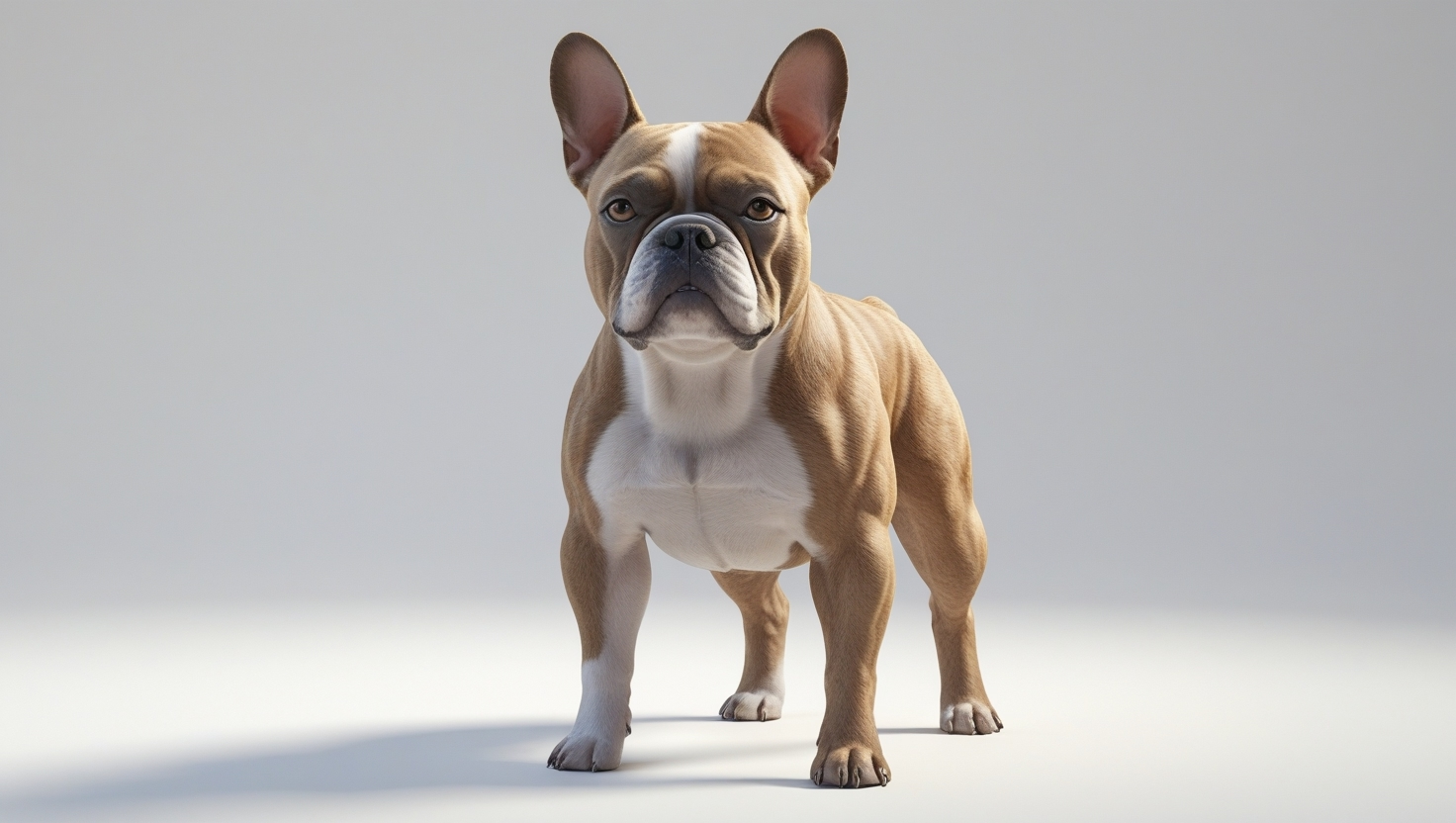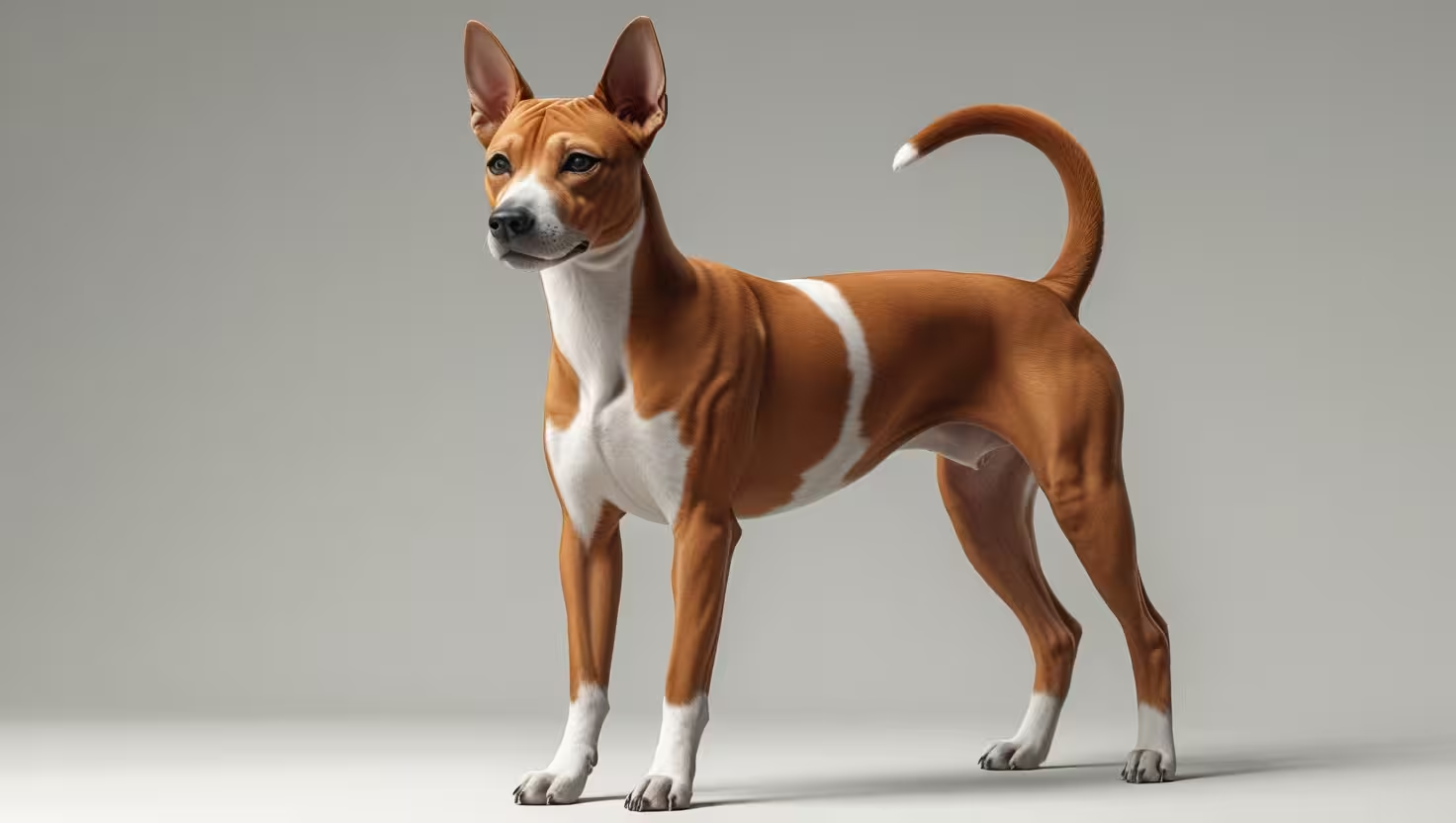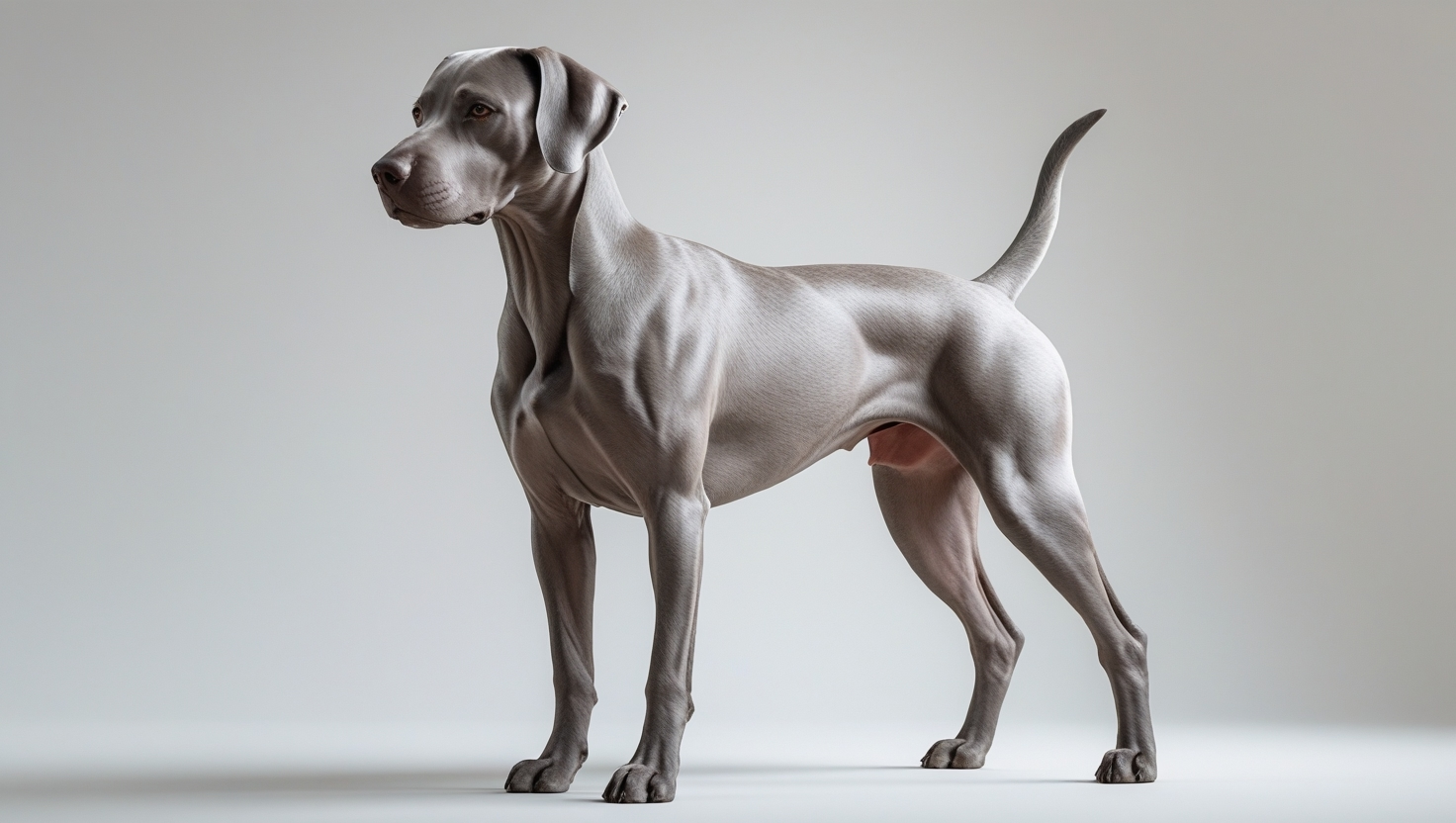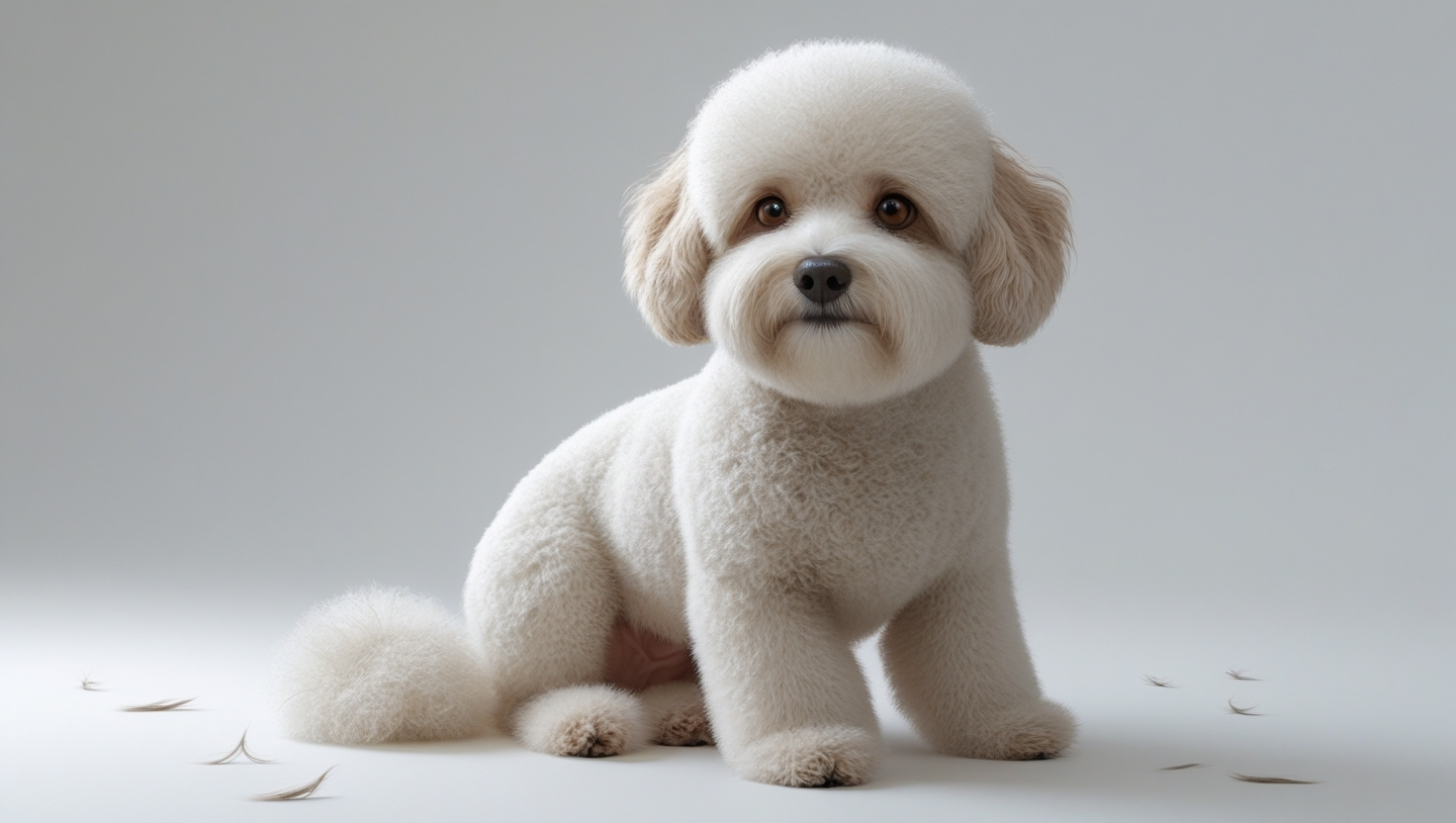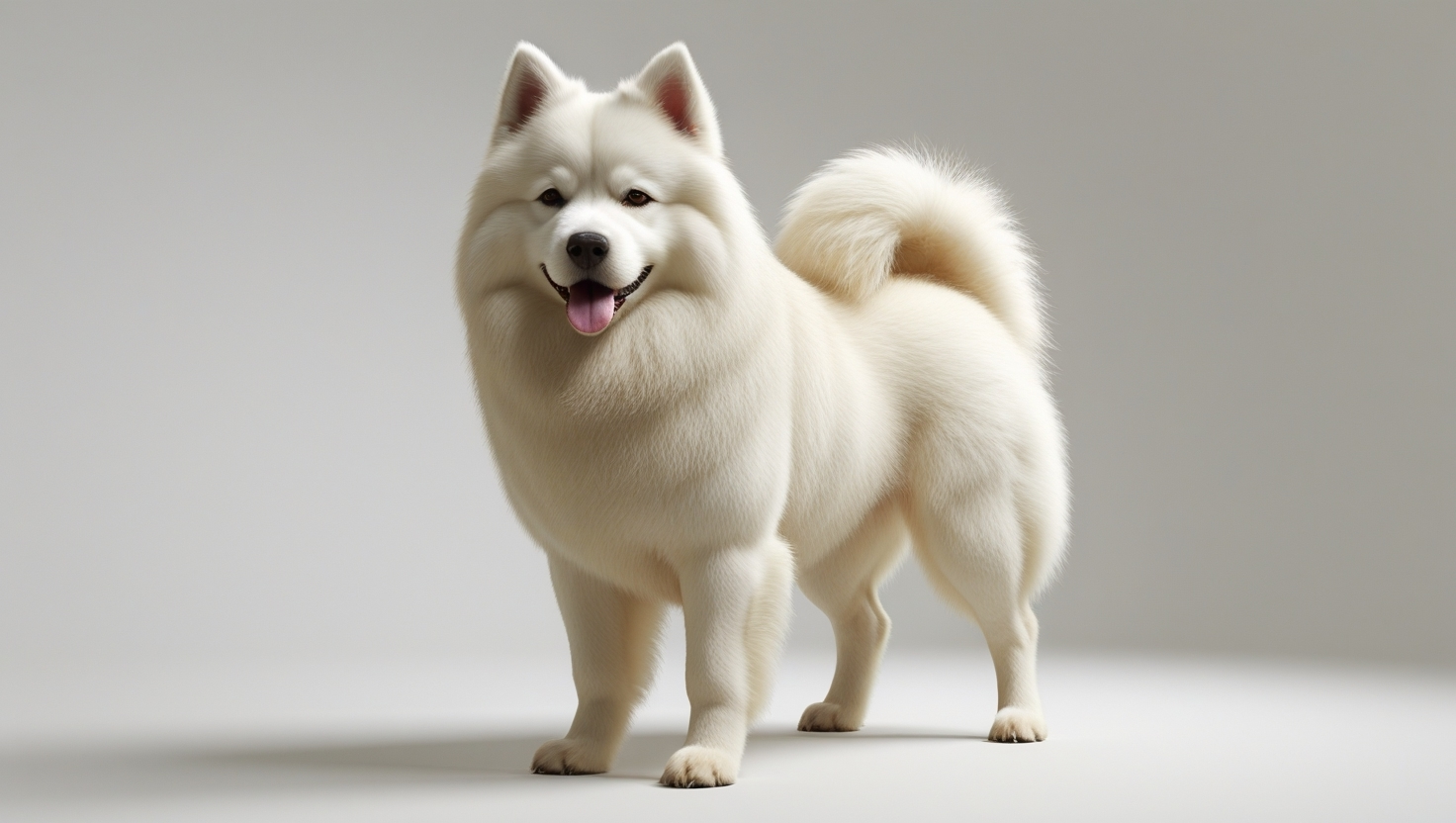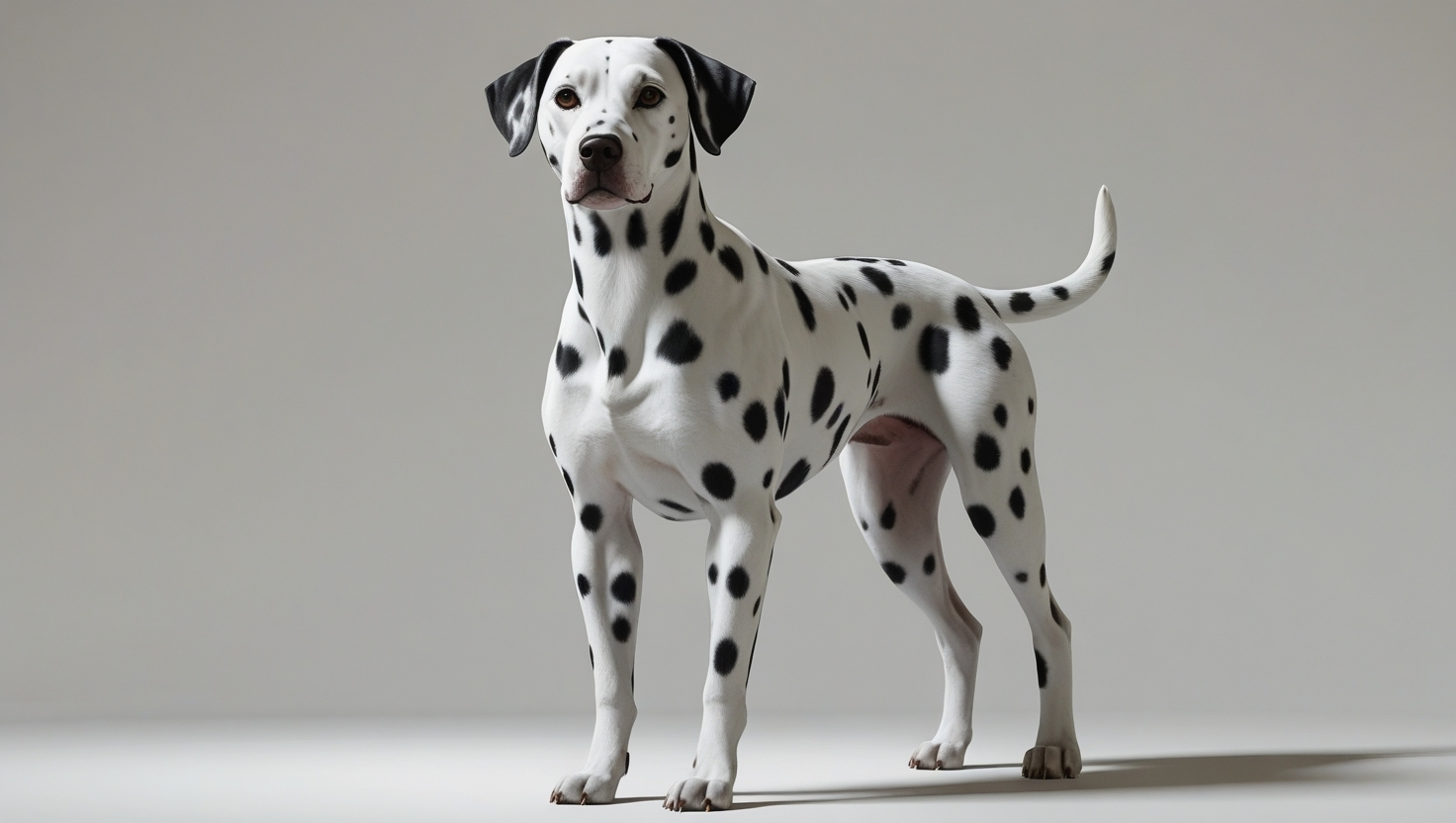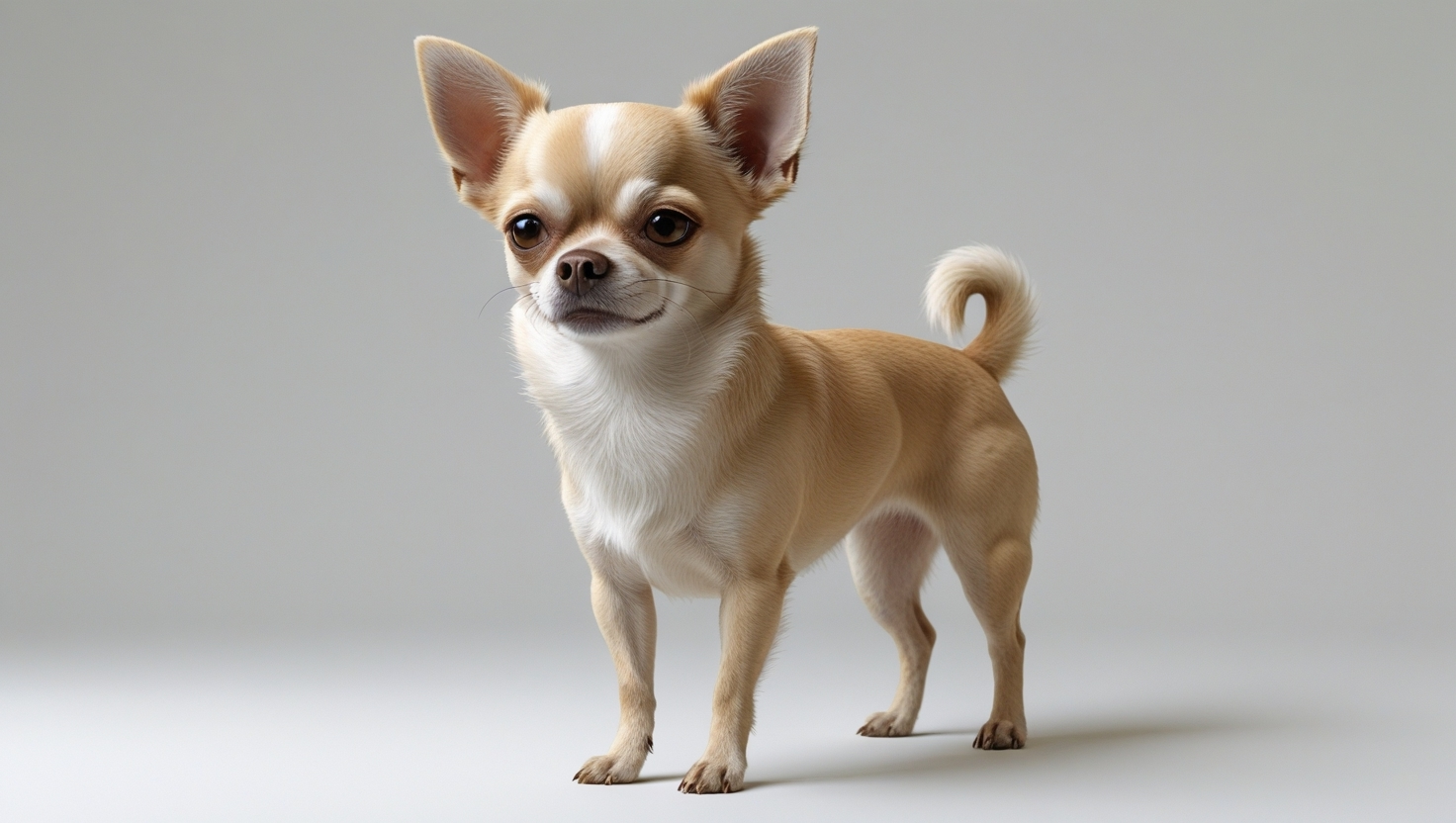The French Bulldog is that little dog that charms everyone with its cuteness and unique personality. If you already have one, you definitely know how special they are. If you’re thinking about getting one, get ready to fall in love at first sight!
With its compact size and affectionate nature, the French Bulldog is perfect for anyone looking for a loyal companion that’s easy to live with. But, like any breed, it has its own particularities that you’ll want to understand to take the best care of them.
Curious to learn more about how to care for your French Bulldog or how to prepare for one? Keep reading and discover everything you need to ensure the best experience with your new friend!

